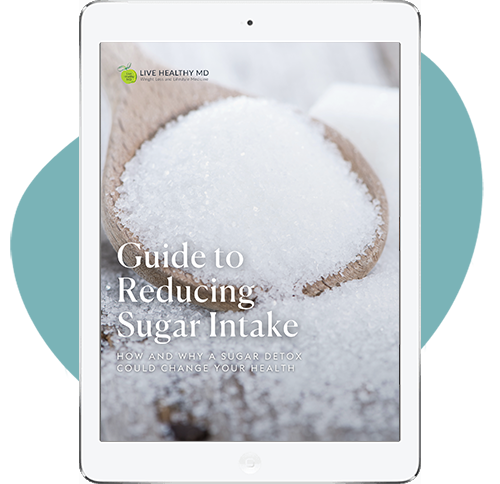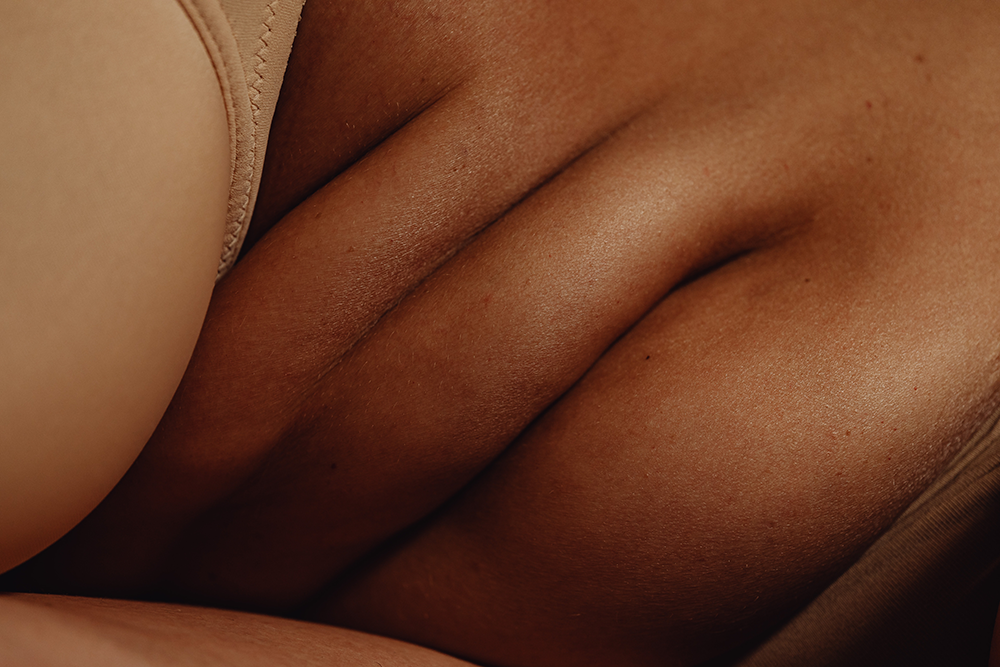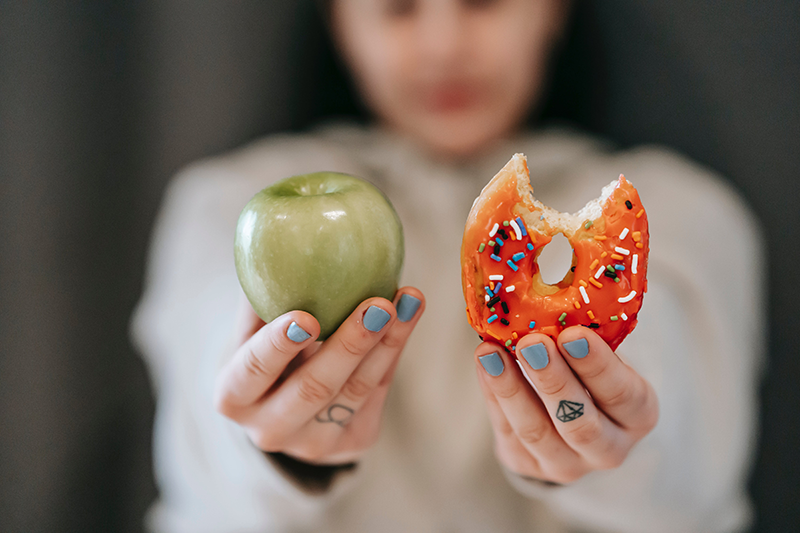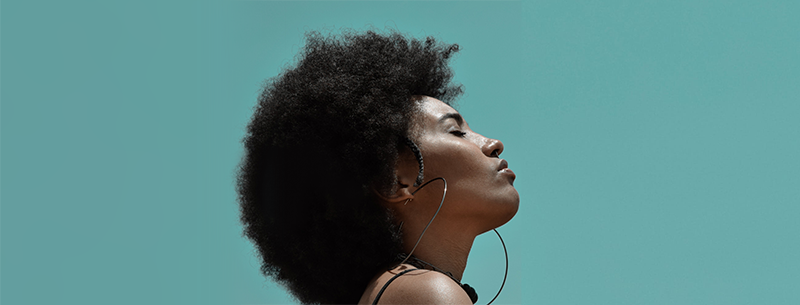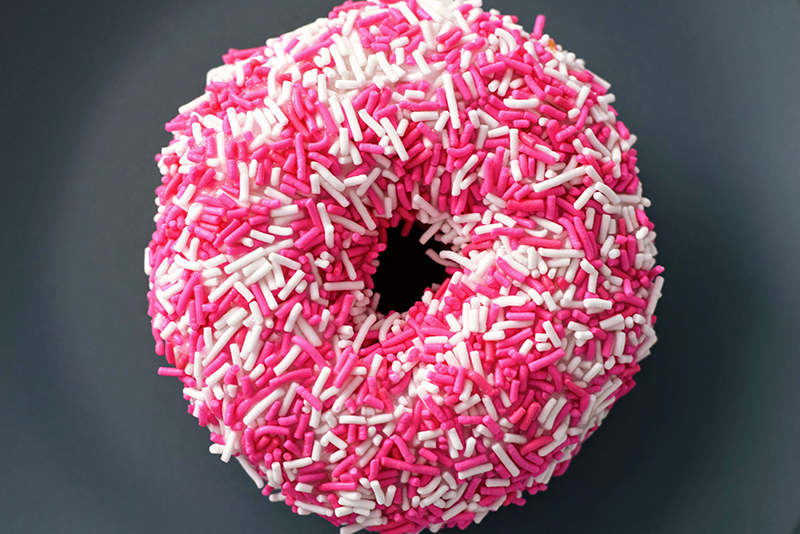
Navigating the path to healthier eating, can often be challenging, especially when faced with persistent sugar cravings after bariatric surgery. Understanding the science behind these cravings is key to managing them effectively. This article delves into the hormonal and blood glucose factors that drive our desire for sugar, and offers strategies for controlling these cravings.
Sugar cravings often originate from a chemical imbalance in the body. Over time, the desire for sugar can become so entrenched that it leads to extreme measures, such as binge eating or disordered eating patterns. It's important to recognize that cravings are normal and can provide insights into your psychological or physiological needs. Occasionally indulging them is fine, but what happens when they start to dominate your dietary choices?
The Harsh Truth About Sugar Cravings
A significant portion of sugar intake in the U.S. is from added sugars found in beverages, dressings, and packaged goods. On average, Americans consume about 270 calories or 13% of their daily intake from added sugars, based on a 2000-calorie diet. Beverages are the largest source, contributing to nearly half of all added sugar consumption.
The 2015 to 2020 U.S. Dietary Guidelines advise limiting added sugars to less than 10% of total daily calories, roughly 50 grams on a 2000-calorie diet. This is even more critical for bariatric patients on a 1000-calorie diet, who should limit their sugar intake to 25 grams or less per day. The American Heart Association recommends a maximum of 24 grams of sugar (100 calories) daily to combat obesity and heart disease.
The high prevalence of sugar in the American diet, particularly among pre-bariatric patients, has led to a near-habitual craving for it. The underlying science explains this seemingly unbreakable cycle.
Unraveling the Science of Sugar Cravings after Bariatric Surgery
Studies indicate that sugar can be as addictive as substances like cocaine, due to its effects on the brain's reward system. Sugar stimulates the hippocampus, a region associated with memory and learning, triggering the release of dopamine, known as the "feel-good" hormone. This release, along with the anticipation of consuming sugar, can intensify cravings.
According to Dr. Kent Berridge, a professor of psychology and neuroscience, sugar cravings are influenced by the mesolimbic dopamine system, which responds to various cues, including smells, sights, and vivid imagery.
Eating sugar increases dopamine levels, encouraging continued consumption. Research also suggests that sugar can trigger the release of ghrelin, the hunger hormone, exacerbating cravings. Thus, increasingly more sugar is required to achieve the same level of satisfaction.
The Risks of Excessive Sugar Intake
When consumed, sugar is converted into glucose, which serves as an energy source. Excess glucose is stored as glycogen, but the body's storage capacity for glucose is limited compared to fat.On a balanced diet, carbohydrates and sugars are metabolized into glucose for energy, particularly for brain function. However, unregulated glucose levels can lead to health complications.
Eating sugary foods spikes blood sugar levels, causing the pancreas to release insulin to normalize these levels by facilitating glucose uptake into cells. Overconsumption of sugar can lead to cells becoming less responsive to insulin, a condition known as insulin resistance, which can escalate into type 2 diabetes.
Conclusion
Sugar cravings after bariatric surgery are a common challenge, especially when attempting to limit this food group. Understanding the scientific basis of these cravings sheds light on why they are difficult to overcome.
To manage intense sugar cravings after bariatric surgery, it's advisable to start gradually and be mindful of environmental triggers that may lead to excessive sugar consumption. Consider dietary substitutions, like replacing juice with Crystal Light or opting for homemade vinaigrettes instead of sugary dressings. By making these small changes, you can take significant strides towards curbing your sugar cravings and adopting a healthier lifestyle.
